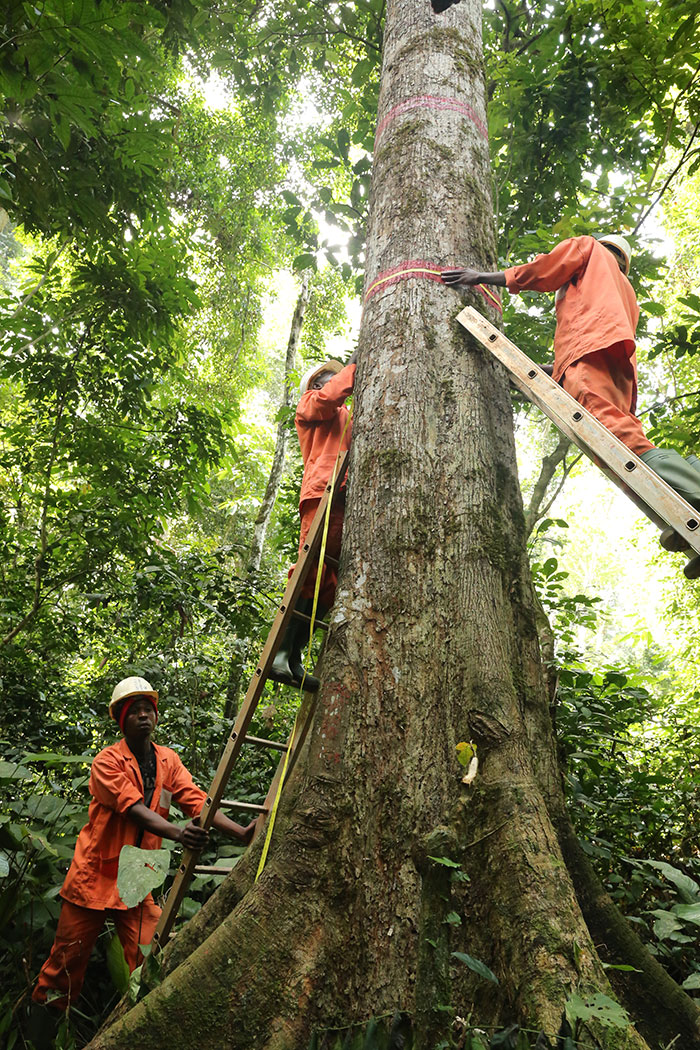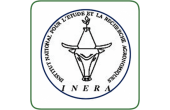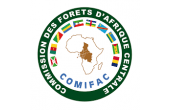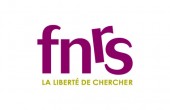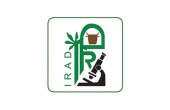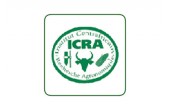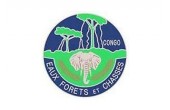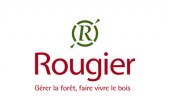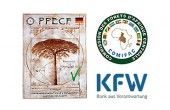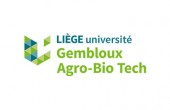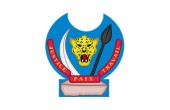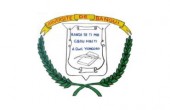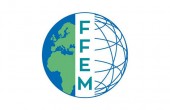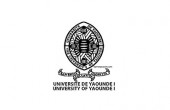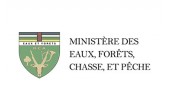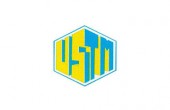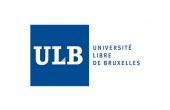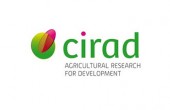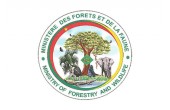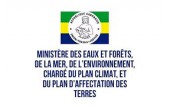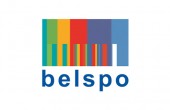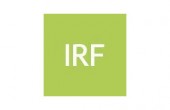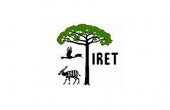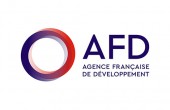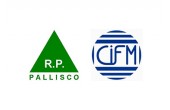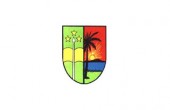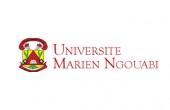Presentation of the P3FAC PROJECT
The project focuses on the dynamics of tree stands and on understanding the mechanisms behind the observed dynamics to find ways of improving forestry practices. The collective specifically aims to:
- Assess the response of forest massifs and their plant and animal populations to logging. Its activities help to gain more knowledge (geographically and overtime) about population dynamics (growth, recruitment, mortality) and the biomass of tropical rainforests.
- Assess the impact of human activity on ecological and biological processes affecting the dynamics of timber and NWFPs. The collective's activities make it possible to gather data on timber species and NWFPs that are of interest to village communities within existing plots. The numerous synergies with the collective's other projects help to gain a better understanding of the impact of human activities on the ecological and demographic characteristics of tree populations.
- Suggest forestry rules and management actions tailored to different types of forests. The performed activities aim to define new management actions that are appropriate for the present types of forests. Ultimately, the project aims to encourage “forest type” thinking rather than “concession” type thinking. Therefore, a whole “landscape approach” is considered. Moreover, it aims to define the technical and financial terms for the artificial regeneration of commercial species that present a natural regeneration deficit.
- Ensure ownership of results by policy-makers and national administrations. The collective's activities aim at the capitalisation and dissemination of research results to all forest management stakeholders in Central Africa. Relationships with administrations are consolidated by holding scientific, technical and steering committees on sustainable forest management.
Primarily funded by the French Facility for Global Environment (FFEM), the P3FAC project also relies on a strong partnership between international associations, research organisations, national governments and forest operators in Central Africa.



